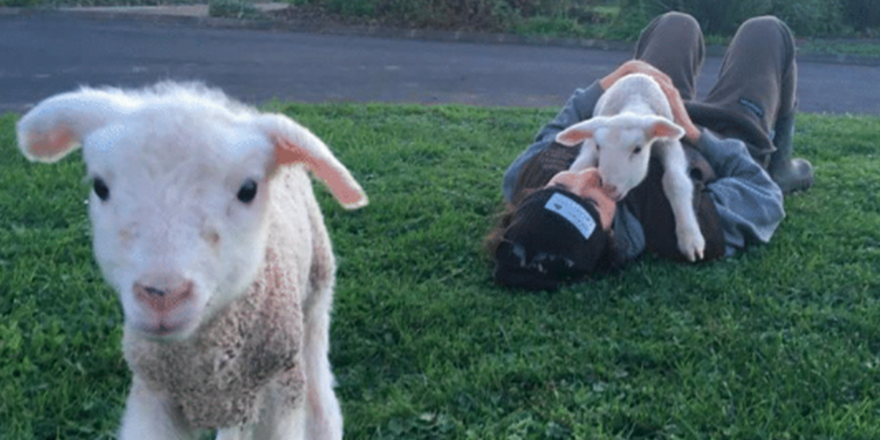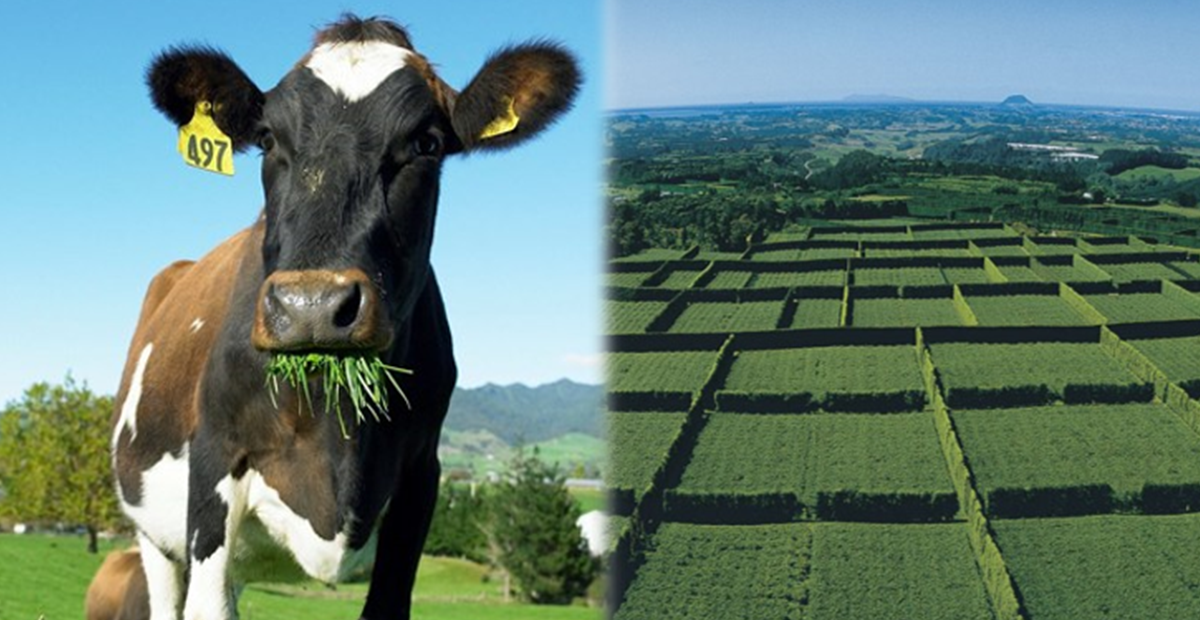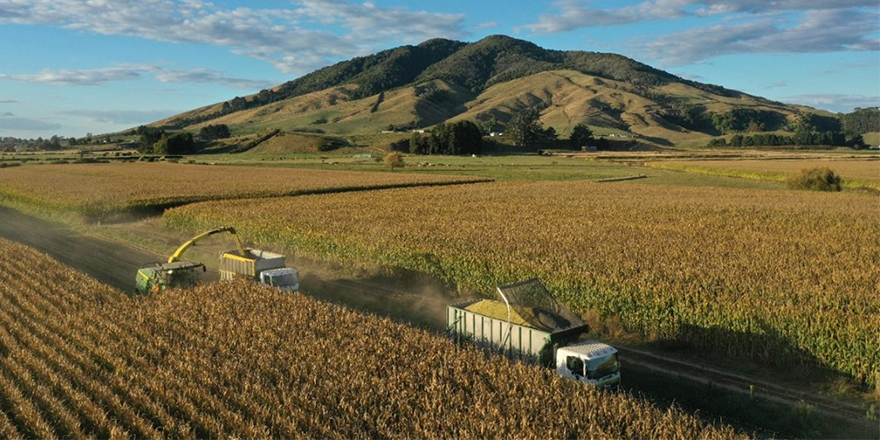
Executive Summary
Animal welfare in New Zealand agriculture is a vital part of our “brand” as an exporting country. Both nationally and globally, consumers are expecting more and more transparency throughout the food supply chain. With society’s collective conscience adapting an increased focus on the ethical treatment of animals, we as members of the agricultural community have more and more reason to ensure that our whole industry is aiming to be above reproach on this matter. However, as there continue to be articles in the media exposing cases of animal neglect or abuse, we must acknowledge as an industry that there is room to improve. The problem the primary sector faces is: how can we collectively improve animal welfare in a practical, collaborative and sustainable way? In doing so, the aim is to meet the values and needs of our global consumers and maintain our social licence to farm. With access to information at an all-time high, any abusive or negligent behaviour leaves the whole of New Zealand agriculture vulnerable, as distressing videos can make it around the world to our consumers in seconds. Similarly, poor communication from our sector or an inability to give scientific evidence to consumers on why we continue with certain farming practices could lead to their distrust for our brand. The goal of this study was to identify what we are currently doing well in the sector as a whole, what areas we need to work on, and how best to practically effect change.
This study is a combination of a literature review, interviews and two surveys. The literature review focused on scientific research, global perspectives and media releases in relation to animal welfare. Interviews were conducted with representatives from industry bodies on their stance on how best to improve animal welfare and what they believe the biggest issues to be, and what action their organisation is taking on this front. I conducted two surveys – one from a farmer/rural professional perspective and one from an urban consumer perspective, to gauge whether there were any shared opinions and concerns between the two demographics.
The literature review enlightened me to the fact that animal welfare standards will always be evolving as society changes. This means that New Zealand must be keenly aware of what our overseas markets expect of us, and we must ensure we align with their values. Increased public scrutiny means that farmers need to be cognisant of how our agricultural practices are being viewed by the public.
Throughout the farmer survey, many respondents showed that they put a high priority on animal welfare, and many desired harsher punishments for those that showed disregard for their animals’ wellbeing. Farmers recognised the need in the sector for increased education on animal welfare, and a desire for urban consumers to not judge their farming practices so harshly without first understanding the reasoning behind it. Many urban consumers also identified within their survey that the urban population is not very well informed in relation to common farming practices. However, the majority did want information to be easily accessible to them on the welfare status of the animal- based food products that they buy. In general, they showed distaste for “factory farming” of chicken and pork, as well as for the production and slaughter of bobby calves.
The key recommendations from my research centered around the need for promoting open dialogue around animal welfare, in a “farmer to farmer” format. This would improve the exposure that young people and new entrants of the industry have to topics and resources around animal husbandry practices. Increased knowledge of best practice animal care could also be improved by better marketing by some of the key industry players in the animal welfare space. This research has also shown that as a sector we need to put increased focus on reducing the number of bobby calves.
I also believe that the industry would greatly benefit from national animal welfare awards, which would be a great way to celebrate and incentivise best practice animal welfare, in the same way that the Ballance Farm Environment Awards have incentivised best practice environmental stewardship.
Download and read the full report here




